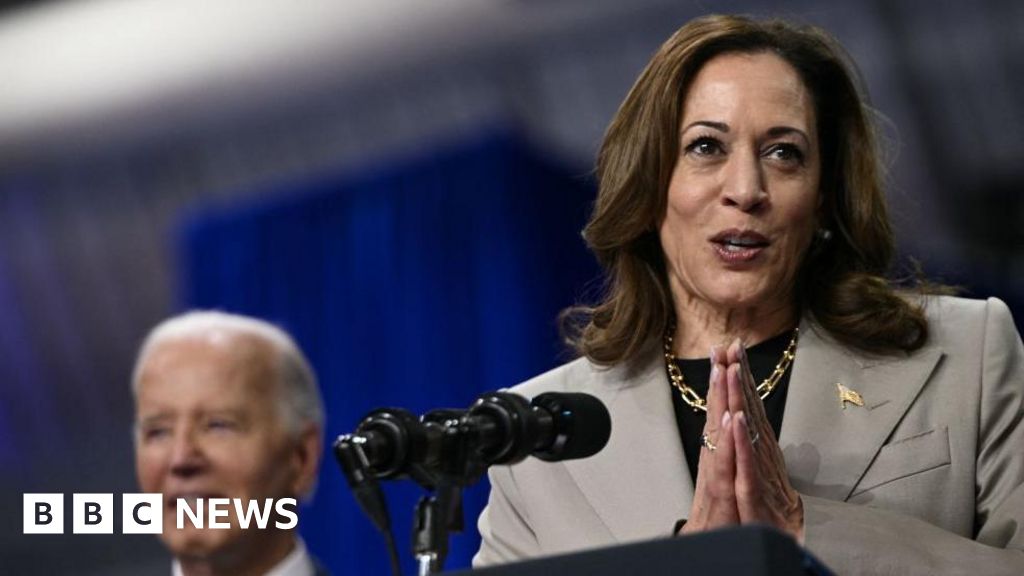Though analysts say some of the proposals, such as the ban on price-gouging, are likely to be popular, they have also sparked criticism from some economists.
Bans on price-gouging already exist in many states, applied during emergencies such as hurricanes.
But economists say the term is difficult to define and widening such rules could end up backfiring, by discouraging firms from making more at times of short supply.
Michael Salinger, a professor of markets, public policy and law at Boston University’s Questrom School of Business, said a similar ban was discussed when he served as the lead economist at the Federal Trade Commission during the administration of George W Bush.
“I thought then that it was a bad idea and I think now that it’s a bad idea,” he said. “To impose controls on competitive markets will lead to shortages – that’s always been our experience.”
He said the Harris campaign’s other plans would also face questions, given their cost.
For example, the proposal to increase the tax credit for children to as much as $3,600, which Congress did temporarily during the pandemic and opted against extending, would cost more than $1tn, according to some estimates, external.
With populism ascendant in both parties, that cost has not dissuaded Trump’s choice for vice president, JD Vance, from backing an even bigger tax credit expansion.
Prof Salinger said Trump’s other economic plans would be unlikely to tackle inflation concerns.
Economists predict that increased drilling would have limited impact given the global nature of energy markets and have warned that Trump’s pledge to impose a tax of 10% or more on imports would drive up prices.
As it stands, price increases have been subsiding, as the shocks from pandemic-era supply chain issues and the war in Ukraine fade.
Inflation, which tracks the pace of price increases, was 2.9% in July, the smallest annual increase since March 2021, the Labor Department said this week.
That is getting closer to the 2% pace considered normal, though prices are up roughly 20% since January 2021.
“The problem that people object to is that even if inflation is down, the prices are still higher and that’s true but they’re higher because of the natural working of market forces,” Prof Salinger said.
“Trying to stand in the way of the working of market forces is a lot like trying to stop the tides,” he added. “You just can’t do it.”
Credit: Source link










